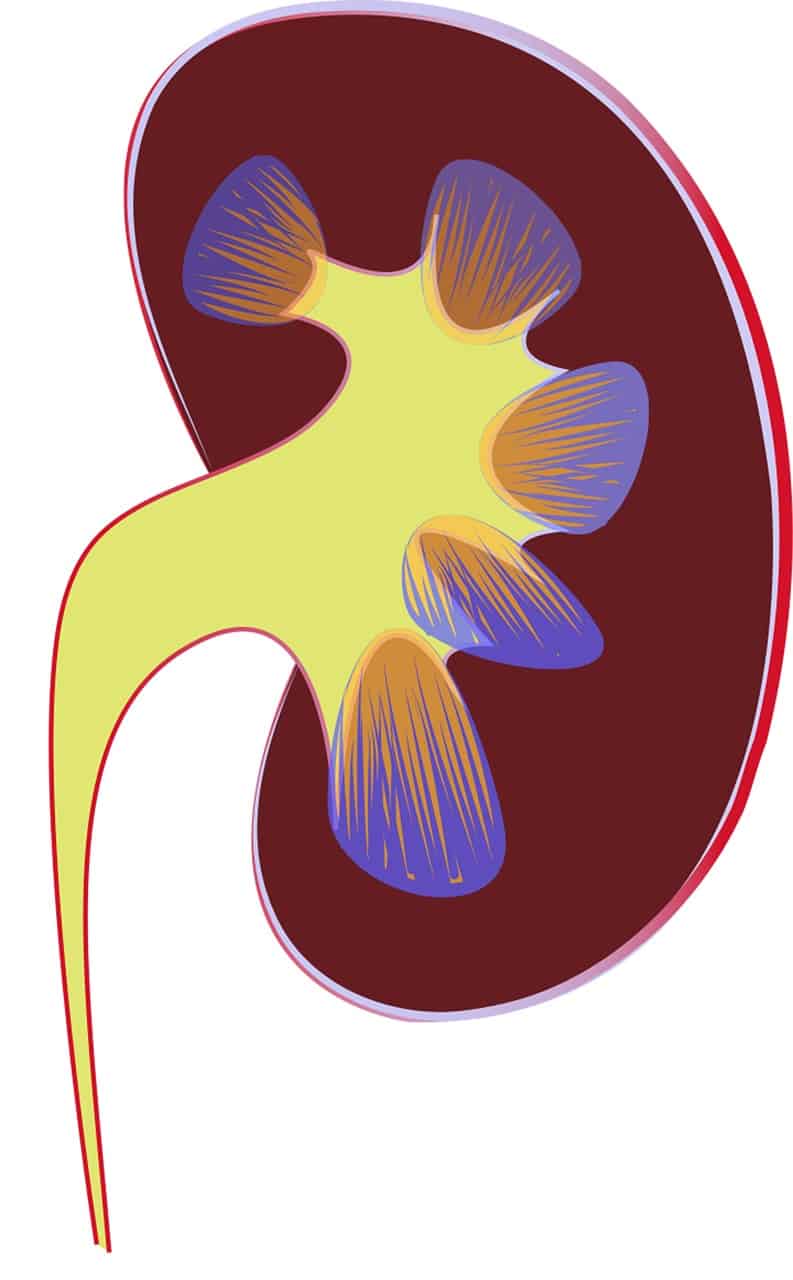
Kidney Health and the End-Of-Life Patient
With March being National Kidney Month, we thought we would explore kidney health for individuals in end-of-life care in Santa Clara and elsewhere. Here at Pathways, we care for many patients suffering from kidney failure and other problems and do all we can to make them as comfortable as possible. Unfortunately, kidney disease is known as a “silent disease,” as there are often no symptoms during the early stages. In fact, 90% of Americans with chronic kidney disease don’t even know they have the disease until the advanced stages.
Symptom Control: Advanced Kidney Disease
People with advanced kidney disease (AKD) have very unique and significant symptom control requirements, with profiles that are quite similar to those with advanced cancer. Those symptoms include breathlessness, fatigue, pain, and itching. On top of the physical symptoms, they also have needs relating to psychological, social, and spiritual well-being, such as worrying about financial loss, increased dependency, and accepting their changing roles.
Advanced care planning is essential to opening up the lines of communication between the individual and their healthcare professionals regarding future needs. Establishing priorities when it comes to end-of-life care should be top of mind, so as to help them prepare for and better control their future, their quality of life, and their end of life. According to the National Library of Medicine, while most hospice patients prefer to die in their own homes, studies suggest that most renal patients die in hospitals.
Hospice care services are an essential transition for people with AKD who are withdrawing from dialysis and who choose not to have dialysis.
Causes of Kidney Failure
Kidney failure is typically caused by health problems that have damaged the kidneys over the long term. Those common health problems can include:
- Diabetes
- High blood pressure
- Autoimmune diseases (lupus, etc.)
- Genetic diseases
- Kidney disorders like Nephrotic syndrome
- Problems with the urinary tract (i.e., kidney stones)
- Smoking
- Excessive alcohol use
While these health problems don’t always lead to kidney failure, they pose a high risk of developing it. Acute kidney injury, or AKI, can also cause kidney failure, which comes on quickly (within a couple of days) and is common in those already hospitalized for other health problems, according to the American Kidney Fund.
Kidney failure is detected through tests by a specialist (called a nephrologist) such as blood tests, urine tests, and kidney biopsy. Typical treatment includes dialysis and kidney transplant. Your life expectancy with kidney failure will depend on your age and overall health. Dialysis, on average, can help people live between five and 10 years, with transplants helping people live up to 20.
Those who choose not to treat kidney failure, such as those in hospice, can receive medical management. This won’t save their life but it will keep them comfortable.
Signs of End-of-Life Kidney Failure
End-of-life kidney failure tends to be very painful, although this depends on the patient. For those who do have pain, these symptoms can be managed with hospice care services and medications designed to meet their physical, mental, and emotional needs. Kidney failure, also known as renal failure, is the final stage of chronic kidney disease. This is when the kidneys can no longer filter waste and water from the blood, which creates a build-up in the body. This is a terminal situation when left untreated.
To address this, the person would either need a kidney transplant or dialysis. If these are not possible or the individual opts not to get those treatments, hospice care is a way to make them feel more comfortable during their remaining time. Death usually occurs within a few weeks once the end-stage renal disease is reached.
Family caregivers should be aware of the signs of end-stage kidney failure so they can get their loved one the proper care and attention. Those signs include:
- Water retention and swelling of legs or feet
- Loss of appetite, vomiting, nausea
- Confusion
- Shortness of breath
- Insomnia and difficulty sleeping
- Itchiness, muscle twitches, cramps
- Passing little to no urine
- Drowsiness and fatigue
Besides managing pain symptoms and making sure their loved one is as comfortable as possible, family caregivers can communicate with the doctor about the signs of end-of-life kidney failure they are noticing. Family members can also help their loved one get their affairs in order, and contact a reputable hospice services provider as soon as they can. Hospice helps family caregivers manage their own needs, with a team that is comprised of nurses, volunteers, doctors, aides, and social workers. This team can offer such services as medical care and advice, personal care such as grooming and bathing, and medication management.
Contact Pathways Home Health and Hospice
As we said, we care for many people who suffer from kidney disease and related conditions. To learn more about our program and what our caregivers do, contact us at 888-978-1306.

